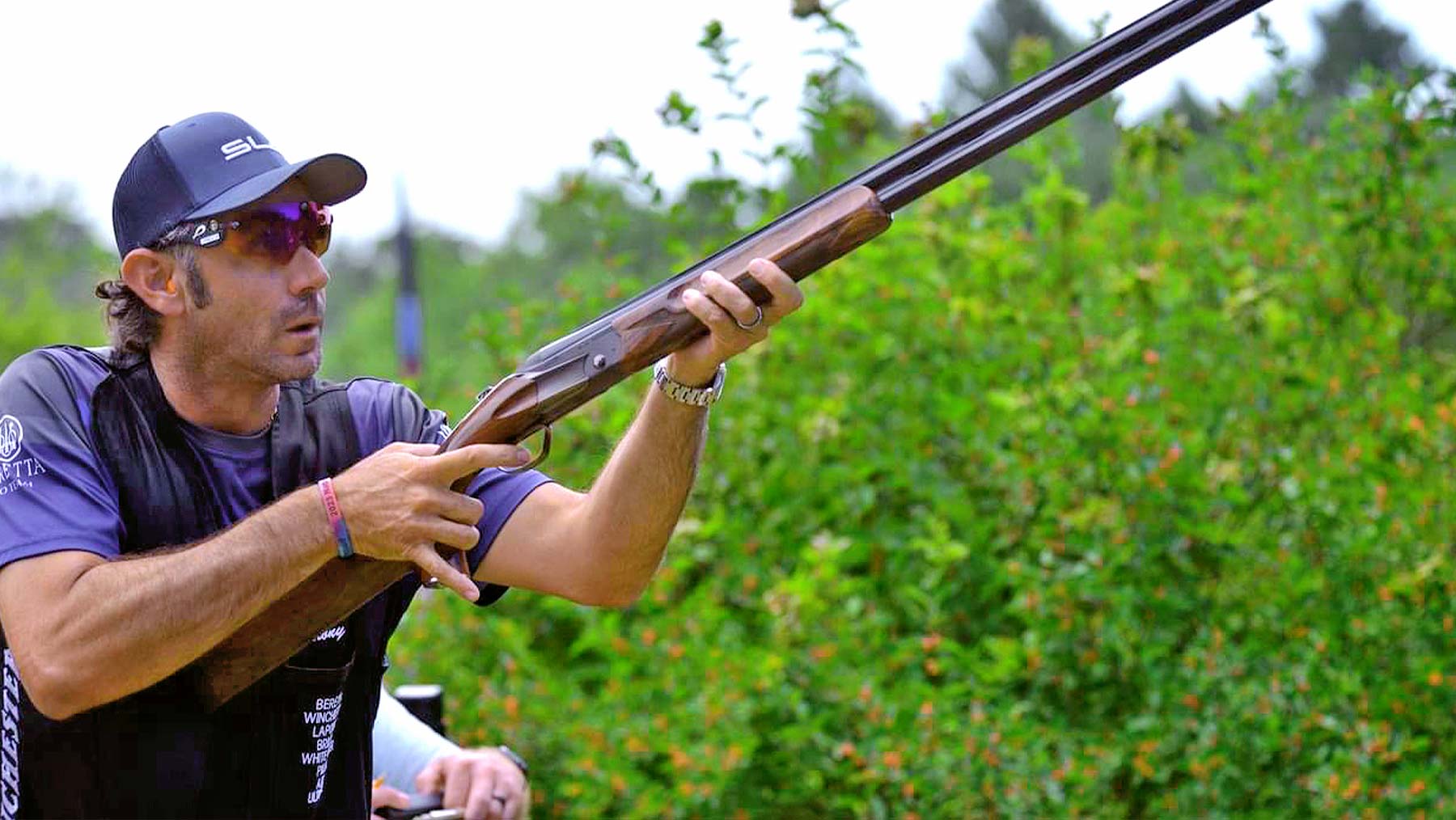The first was to relax a bit, continuing to go to tournaments and practicing when he could. He probably couldn’t perform as well as possible, and he would have to live with the results. The second was to ramp up his commitment, going to all the tournaments and practicing as much as necessary to reach his potential. The third option was to quit.
For me, those three options can be boiled down to two: Go all in, or quit. I’m not going to have any fun just showing up and shooting. I want to do as well as I can and leave a tournament knowing that I gave 100 percent of my ability. If I win, great – but if I finish fifth, I’m happy with that as well. I might be disappointed in the moment, but if I did the best I could it’s good enough for me.
Not everybody is wired that way.
Some shooters never reach their potential because they won’t take ownership of their failures to perform. Falling short just doesn’t bother them enough to make a difference. Others are the opposite: They try so hard that they can’t get out of their own way and succeed.
Then there are those shooters who take an easy out. I have many students who have been very successful in their personal lives, but they necessarily don’t carry that over to shooting. Though they think they’re working hard, they give themselves a rationale for their failures.
These aren’t even the common excuses such as shooting in the rain or under windy conditions. They’re subtler than that, to the point that the shooters don’t even realize they’re making an excuse.
These people can’t handle the pain of failure. They don’t realize that, nor do they realize that they’ve built a personal defense mechanism to protect their ego. They often look to buy new chokes, a new gun, try new ammo, or tell themselves they just don’t have it today instead of recognizing the issue is there shooting. These are subtle excuses to protect the ego.
Sometimes they simply quit trying when they hit a rough patch – their effort and their intensity goes down without them realizing it, and they wind up with a 68 when they were fully capable of shooting 90. I’ll see their scores and wonder what in the world happened. More than likely, they gave up. It’s as if they think if they don’t try, they can’t be blamed for falling short.
I recently told a student who is quite a good shooter that I didn’t want to hear any more about his problems. I wasn’t trying to give him a hard time. The simple fact was that he was holding himself back by giving himself excuses. He was paying me good money to help him improve, but unless he makes the decision to own his performance, he won’t reach his potential.
There are other people whose response to failure is to take their pain and disappointment and channel it into their preparation. They’ll do their best to fight through adversity and come out stronger on the other side. It’s sort of a “fight or flight” scenario. Many people bail out, but the champions hang in there.
Say you have a bad station to kick off a tournament. It happens. Instead of giving up, challenge yourself – if you drop four targets, then try to shoot a 96. If you can’t shoot a 96, shoot 95, and so on. It’s difficult, but it’s better than throwing up your hands. One of my students once took a zero on his very first station. Instead of giving up, he buckled down and wound up winning AA. That was an awesome performance, and the sort we all should work toward.
It may help to think about your long-term goals as opposed to short-term ones. If you really love this sport, you should be looking at where you want to be a year, five years, and 10 years down the road, instead of focusing on a particular tournament. By doing this, you’ll take some pressure off yourself, and maybe you won’t think of a bad day as a reflection on yourself or your ability. It’s just another step in a journey. This is one of the first steps in developing the correct mindset. Start working on it!!
Anthony I. Matarese Jr.’s book “Straight Shooting: A World Champion’s Guide to Shotgunning.” and his Advanced and Foundation clay shooting videos are available through website



0 Comments